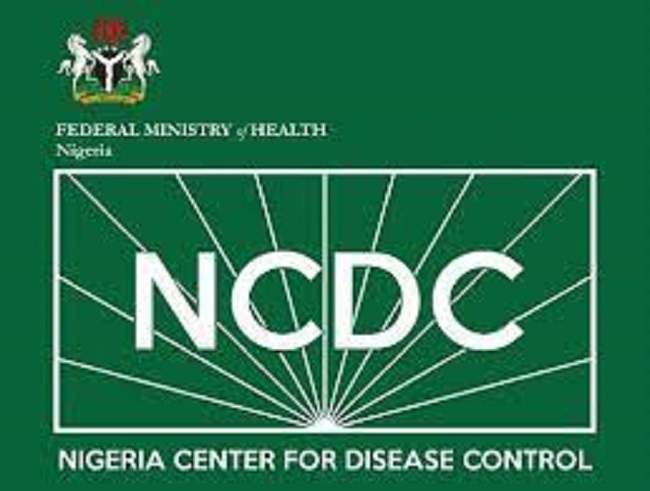The Nigeria Centre for Disease Control and Prevention(NCDC) has unveiled its strategic roadmap for the years 2024 to 2026, to strengthen Nigeria’s health security by addressing critical public health challenges and enhancing health promotion, disease prevention, surveillance, laboratory capacity and emergency preparedness.
The key objectives highlighted in the roadmap include optimising existing resources, increasing government commitment to health security, and seeking additional funding through grants and donations
The Director General of NCDC, Dr. Jide Idris while briefing the media in Abuja, explained the significance of the roadmap in tackling current public health issues and aligning with both national and international health priorities.
Idris further said the roadmap emphasises collaboration with diverse stakeholders, including government agencies, local and international partners, academic institutions, research organisations and the private sector.
Idris also pointed out the importance of monitoring and evaluating progress through a robust framework and institutionalising best practices to ensure the sustainability of efforts.
“The NCDC plans to utilise various communication channels to raise awareness about the roadmap and its objectives in order to engage the public effectively.
The DG also acknowledged the challenges anticipated during implementation, such as limited resources, infrastructure constraints, and logistical hurdles and outlined strategies to address them.
ALSO READ: MRTB seeks partnership with senior citizens centre on regulation, manpower
“These strategies include strategic planning, partnership development and resource mobilisation efforts.
“The NCDC’s commitment to safeguarding the health of Nigerians through proactive prevention, preparedness and collaboration with stakeholders cannot be over-emphasised.
“The NCDC remains optimistic about the successful implementation of its roadmap, which is poised to strengthen Nigeria’s public health infrastructure and enhance the country’s ability to respond effectively to current and future health threats,” he said.
